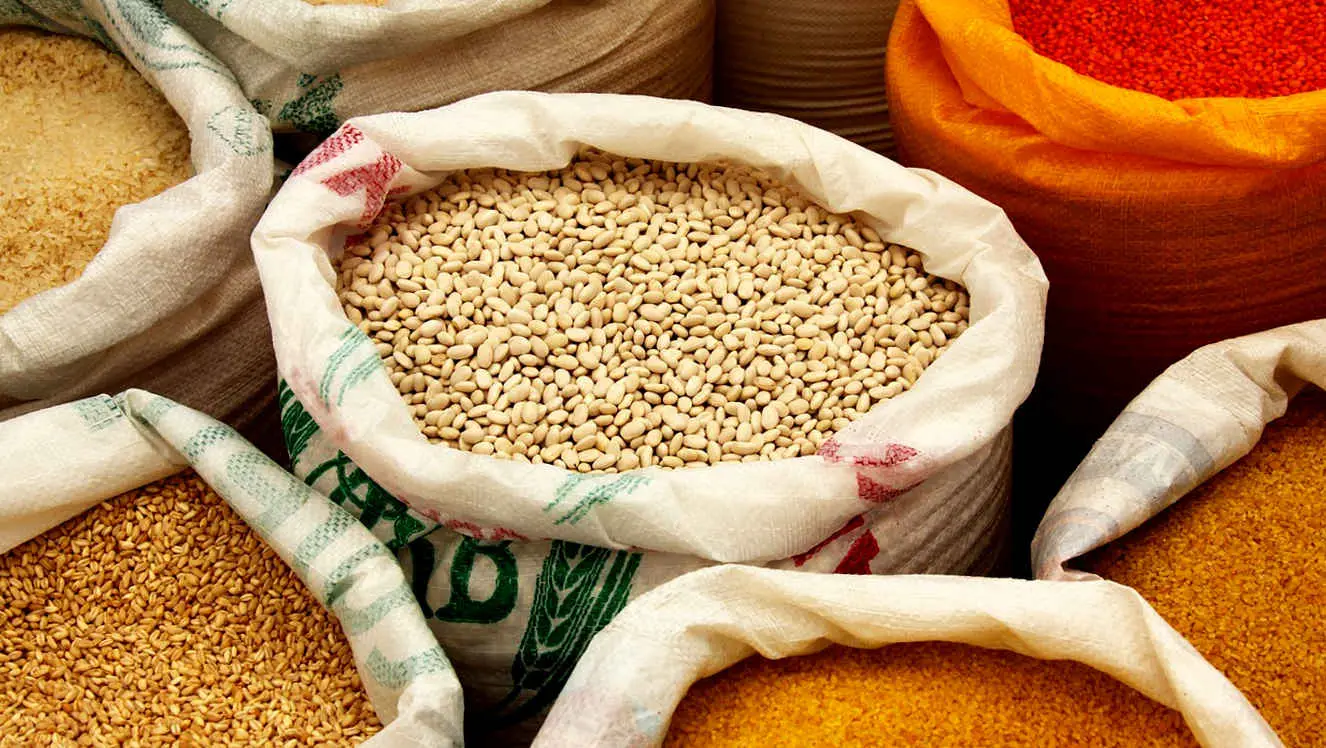Wheat Germ Lysine and Arginine Info Sheet
Overview
Wheat germ is a part of the wheat kernel that contains the embryo of the plant.It is usually removed during the milling process and sold as a separate product. It is often added to cereals, breads, and muffins.
Wheat germ is high in protein, fiber, iron, zinc, and vitamin E.
It can help lower cholesterol, regulate blood sugar, and support skin and hair health.
However, it is also high in calories, fat, and gluten, which can cause allergic reactions in some people.
| Name | Lysine (mg/100g) | Arginine (mg/100g) | Ratio |
|---|---|---|---|
| Wheat Germ | 738.89mg | 994.44mg | 0.743 |
Wheat Germ contains 738.89mg of Lysine and 994.44mg of Arginine per 100g of product.
This means Wheat Germ has a low Lysine-Arginine ratio of 0.743.
Because Wheat Germ contains slightly more arginine than lysine, reducing its consumption may help people who suffer from herpes, as it may lower the viral activity.
Lysine Considerations
Wheat germ has a high amount of lysine, an essential amino acid that is important for protein synthesis, collagen formation, and calcium absorption.
It's one of the nine amino acids that the body can't produce, so it must be included in our diet.
Lysine has many roles in the body, such as aiding in growth, healing, energy production, immune function, and the production of collagen.
Research indicates that lysine may have an impact on the herpes virus, which is responsible for cold sores and genital sores.
Taking lysine supplements or using lysine cream could potentially prevent or treat these infections by inhibitnig the amino acid arginine, which the virus requires for growth.
Arginine Considerations
Wheat germ has a very high amount of arginine, a semi-essential amino acid that is involved in nitric oxide production, wound healing, and immune function.
Arginine can boost your health and performance, such as lowering your blood pressure, healing your wounds, and boosting your exercise endurance.
Arginine can be made by the human system or obtained from foods like meat, dairy, nuts, and soy.
Unfortunately, the herpes virus is known to "feed" on arginine, and having a diet higher in arginine than lysine may increase the occurrence and severity of cold sores and herpes outbreaks.
Lysine-Arginine Ratio
Wheat germ has an unfavorable lysine-arginine ratio, which means that it has less lysine than arginine.
This may increase the risk of viral infections, such as herpes simplex virus, by enhancing the replication of the virus.
The herpes simplex virus, which causes oral and genital herpes, needs arginine to multiply and infect cells.
Lysine, on the other hand, can interfere with the absorption of arginine in the intestine, and thus limit the availability of arginine for the virus.
By eating a diet higher in lysine than arginine, one may be able to prevent or treat herpes outbreaks.
Foods that have a high lysine-arginine ratio include milk, cheese and yogurt, fish, poultry, fruits, and vegetables.
These foods can supply the body with sufficient lysine to compete with arginine and inhibit the virus from replicating and causing flare-ups.
Dietary Considerations
Grains are generally scarce in lysine and high in in arginine, which makes them less beneficial for people with herpes.
That said, some grains are better than others in terms of their lysine to arginine ratio.
Quinoa, amaranth, buckwheat, and seitan are some of the grains that have more lysine than arginine, or at least a balanced ratio.
These grains can be included in a healthy diet, as they also provide fiber, iron, and antioxidants.

For example:
A diverse and nutritious diet that supports your immune system and fights inflammation is essential.
This means you should eat lots of fruits, vegetables, whole grains, lean protein, and healthy fats, and steer clear of processed foods, added sugars, alcohol, and caffeine, which can harm your health.
Make sure to drink plenty of water to keep yourself hydrated and eliminate toxins from your body.
Water can also help you avoid dryness and irritation of the skin and mucous membranes, which can lead to outbreaks.
Consider taking l-lysine supplements, which can help prevent herpes outbreaks and stop a cold sore before it emerges by limiting the availability of arginine for the virus, which it requires to produce a cold sore.
Taking other food supplements that can improve your immunity and protect your cells from oxidative stress, such as vitamin C, zinc, selenium, and antioxidants.
Avoiding foods that can cause allergic reactions or sensitivities, such as gluten, dairy, nuts, eggs, or shellfish.
These foods can trigger inflammation and weaken your immune system, making you more susceptible to outbreaks.
Foods that can boost your immunity and fight inflammation are essential to prevent outbreaks.
Honey, yogurt, aloe vera, and chamomile are some examples of these foods.
They can also soothe your symptoms and help you recover quicker by reducing pain, swelling, and itching.
Check more food information






